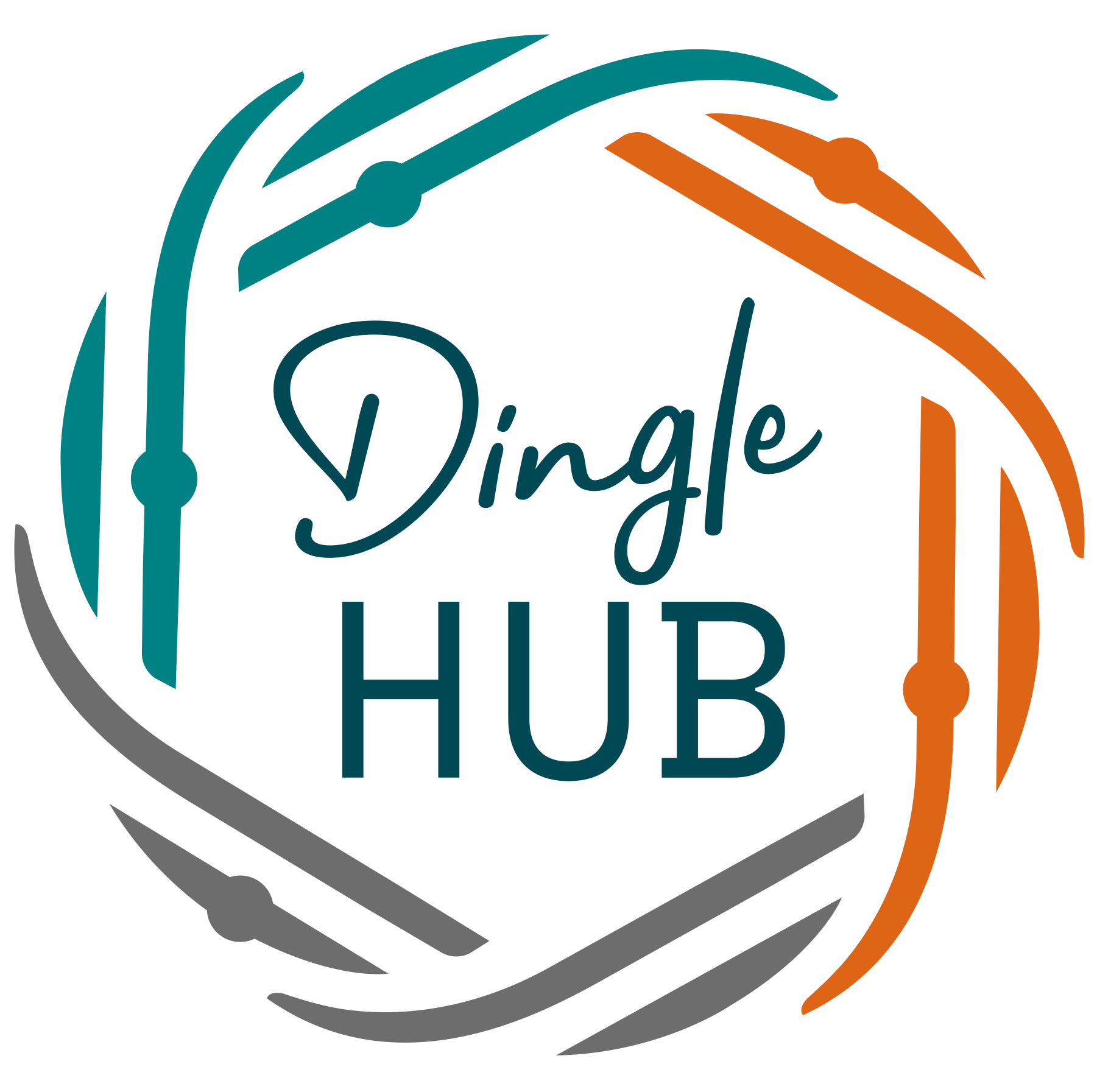Agriculture is extremely important on the Dingle Peninsula — a mainstay of rural life for generations. We’re working with local farmers to make agriculture a more sustainable sector for the long term.
West Kerry Dairy Farmers’ SEC
SEC Fheirmeoirí Déiríochta Chiarraí Thiar
West Kerry Dairy Farmers’ SEC
Over 100 farmers joined together to form the West Kerry Dairy Farmers SEC, which is committed to exploring how the agriculture sector on the Dingle Peninsula can reduce its carbon footprint. The group undertook an energy master plan in 2021. Among its key findings:
- In 2019, this farming community used over 10,000 MWh of energy, at a cost of around €1 million (and releasing over 2,900 tons of CO2).
- Diesel is the biggest agricultural energy component (52%), costing €750,000. Switching to biomethane could see a substantial reduction in energy demand.
- Installing PV panels where the output is shared between homes and dairy barns could reduce energy costs.
- Retrofitting farmhouses to B2 standard could reduce energy usage by 1,400 MWh and 360 tons of CO2.
Read:
- West Kerry Dairy Farmers’ SEC Learning Brief (August 2025) [PDF]
- West Kerry Dairy Farmers’ SEC Energy Master Plan (November 2022) [PDF]
View:
Watch on YouTube:
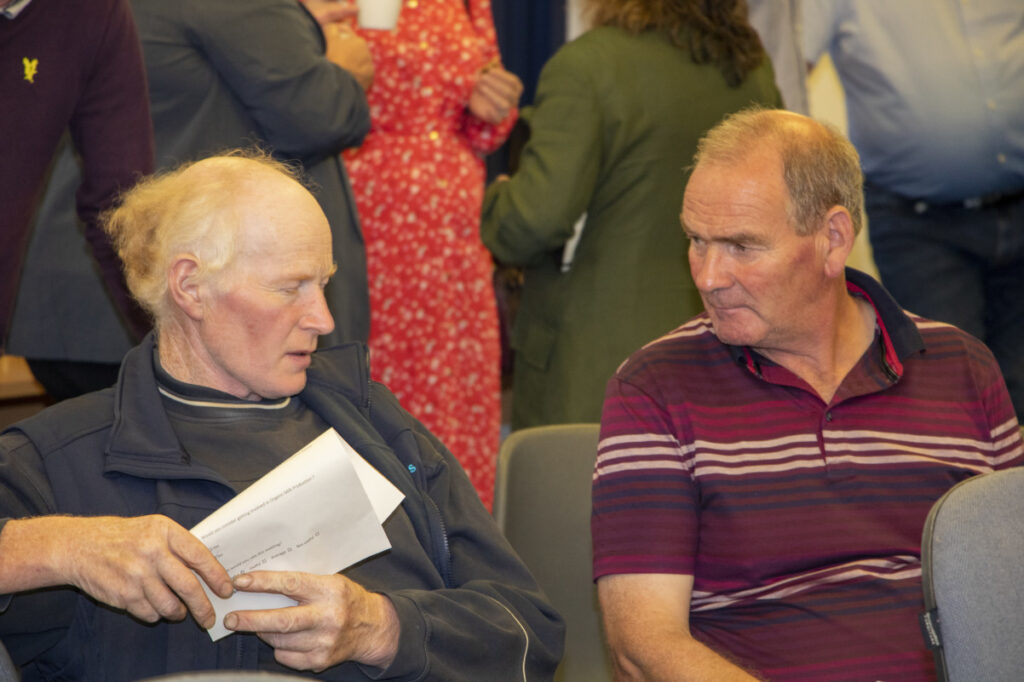
Creative Climate Action Project
In this unique initiative, an artist worked with ten farming families to explore creative ways that community can reduce its carbon footprint in light of the global climate emergency.
Background and Objectives
Corca Dhuibhne Inbhuanaithe – A Creative Imagining is a project where local farmers, including the West Kerry Dairy Farmers’ Sustainable Energy Community, worked with artist Lisa Fingleton to look creatively at how farmers on the peninsula can address climate change. Ten farmers from the community participated in the Creative Climate Action Project, working with Lisa through the end of 2022.
Dingle Hub managed the project, along with Catríona Fallon of the Green Arts Initiative in Ireland and Clare Watson of MaREI.
Embedded Artist
Lisa Fingleton is an eco-social artist, writer and organic farmer. Living and working on a small organic, social farm near the sea, she has spent many years cultivating deep-rooted connections between art, food and farming.
Her book, The Local Food Project, explores the power of growing and eating local food. Lisa is concerned about the fact that we are importing so much of our food and losing the capacity to be self-sufficient, despite what we know about climate change and carbon footprint. For the last number of years, she has undertaken the “30-day local food challenge,” when she eats only food grown on the island of Ireland, for the month of September.
See Lisa’s website for more information on Lisa, her interests and projects.
Participating Farmers
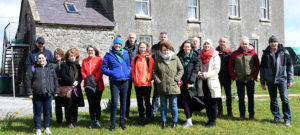
Ten farmers from the Dingle Peninsula participated in Corca Dhuibhne Inbhuanaithe, A Creative Imagining. The farming families include: Padraig O’Dowd and Sharon O’Sullivan, Siobhán Prendergast and Tony O’Sé, Joe and Teresa Kelliher, John Joe Fitzgerald, Sean Kennedy, Thomas and Nora Greaney, Michael and Sandra O’Dowd, Niamh Foley, Aidan O’Connor, and the O’Cíobháin family – Seamus, Eibhlín and Lís.
Read:
- The Experience of the Participating Farmers Learning Brief [PDF]
- The Experience of the Project Team [PDF]
- The Creative Climate Wall [PDF]
Background:
- Artist’s Brief [PDF]
- Project Sustainability Policy [PDF]
View:
- Outcomes and Impact Table [PDF]
- Did We Meet Our Expectations? Table [PDF]
- Reflective Learning and Evaluation Methods Table [PDF]
Watch on Youtube:
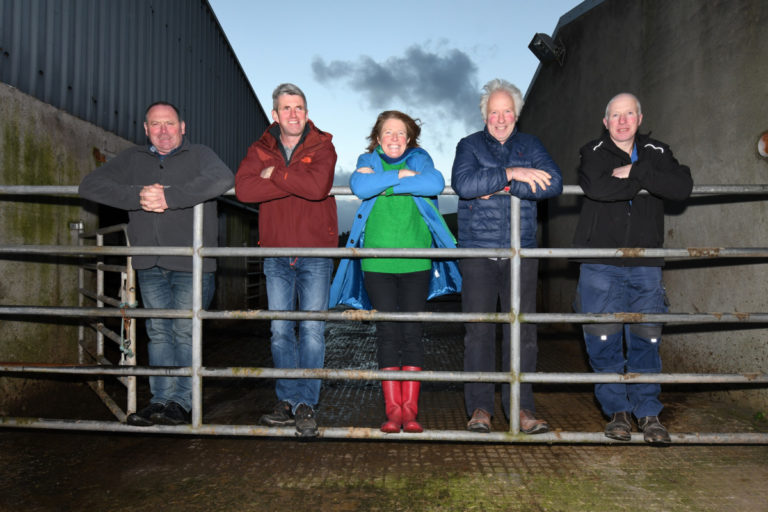
Local Produce Initiative
Dingle Hub is carrying out a feasibility study to develop short and sustainable supply chain business opportunities for micro-enterprises to provide lamb, fish and vegetables on the Dingle Peninsula. The feasibility study is co-funded by the Government of Ireland and the European Union through the ERDF Southern, Eastern & Midland Regional Programme 2021-2027. The purpose of this study is to create sustainable business opportunities for micro-enterprises, to assist with the barriers to market, to optimise their return and to have locally produced food available to purchase locally.

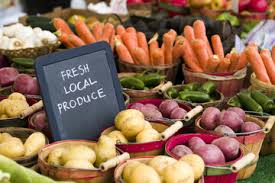
Ploutos Project
Dingle Hub ran one of 11 sustainable innovation pilots across Europe for the Ploutos project. This initiative built on and further developed the work carried out in the Farm Ambassador Pilot Programme.
- Weather conditions
- Grass growth
- Soil moisture and temperature
- Milk tank height
- Slurry tank height
The data from the sensors provided scientific evidence of emissions savings and added value to a range of products and services by:
- using good environmental parameters to market goods from the area;
- using localised, real-time weather data to tailor tourist packages optimised for changing weather conditions;
- building a brand for the Dingle Peninsula to secure the region as a destination of choice, supported by data proving low food miles and low carbon footprint.
Additional project objectives:
- Encouraging new collaborations and enterprises across the value chain between farmers, technology designers, data analysts, food/service entrepreneurs and consumers;
- Reducing carbon footprint on farms. For every 10-day extension in the grazing season, there is a 1.7% decrease in greenhouse gas (GHG) emissions
- Increasing farm profitability and develop new income streams from higher value products. For every 10-day extension in the grazing season, profit ncreases by 27 euro per dairy cow
- Working with 33 consortium partners through the Ploutos Innovation Academy
Read:
- EU Ploutos: A sustainable innovation pilot (Overview) [PDF]
View:

